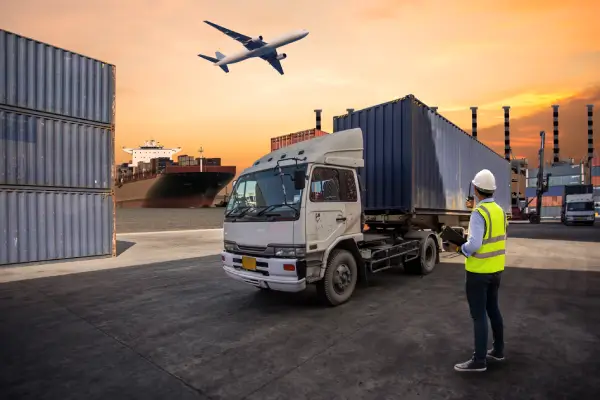load board
Load boards are online platforms that link shippers/brokers who have loads and desire to move
them with obtainable carriers who are searching for freight to take.
Marketplaces have been around for lots of years. They serve as hubs that unite buyers and
sellers, enabling trade and goods/services exchange, and are infinite resources of local info.
Today, a big part of these actions moved from conventional downtown bazaars to the Internet –
to digital market of a variety of specialties, from trade to cars to antiques to health insurance, you
name it.


What is a load board?
Load boards are online platforms that link shippers/brokers who have loads and desire to move them with obtainable carriers who are searching for freight to take. Such freight markets are handy tools that remain freight moving, saving time for all parties included. They also serve as a resource of precious industry stats and data, e.g., spot rates, lane thickness, etc. There are two main groups of load board users — brokers and carriers. We don’t talk about shippers here as they seldom utilize load boards: They have contracted, devoted carriers; or run their own, in-house fleets; or trust brokers to shift the loads on their behalf. So, the most ordinary load-board situation is the broker-carrier interface.
How A Load Board Works
A load board basically assists to link shippers with carriers. The shipper will post to the load board
any obtainable freight they have along with what gear is required to shift the freight and any
other relevant info. The carrier can then research the load board to find cargo options obtainable
for them to carry.




Benefits Of Load Boards
Convenient & Efficient: A load board is simply accessed wherever internet is obtainable. Both
shippers and carriers can access the load board from their PC or mobile devices. Load boards are
accessible 24/7, so no matter when you stare, the load board is obtainable with the most up-to-date data.
Easy to Use: Load boards have a necessity of little to no technical information. All you have to do
is make an account and log in to view the loads available.
Types Of Load Boards
There are many types of load board that focus on the diverse things. The first two are quite clear:
paid and free load boards. There are however, derivations on these conventional load boards,
most notably LTL and miscellaneous loads.
Traditional Load boards
These load boards are conventional forums that permit freight brokers, shippers, and truckers to share info on loads, capacities, and targets.
LTL Load Boards
LTL stands for “Less than truckload.” This ellipsis applies to any cargo that isn’t
big enough to full a clip on its own, and so will likely be lumped with other shipment. A term one
can frequently find connected with LTL is “hotshot,” which is identical with LTL when referring to
cargo but can be utilized to depict a smaller truck that is employed with other trailers on a ‘for
hire’ base
Misc Loads
Miscellaneous loads are something that doesn’t fall into either of the above
categories. These are usually very eccentric loads like livestock or boats that a trucking company
can simply find a niche in.
